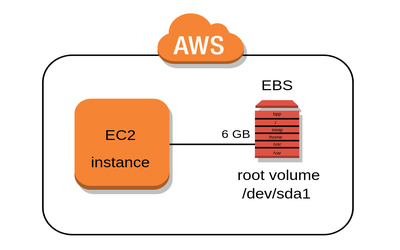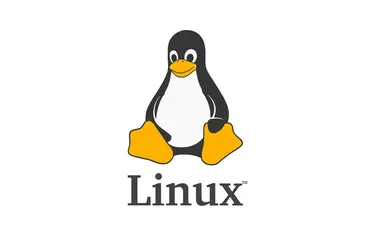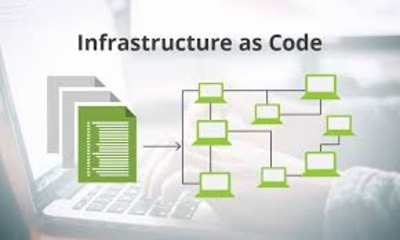Introduction To Cloud Computing & DevOps
Welcome to “Introduction to Cloud Computing and DevOps”! This course is designed for those looking to dive into the world of cloud technologies and the DevOps methodology. Over the duration of the course, you will explore the fundamentals of cloud computing, understand its key benefits, and gain hands-on experience with the tools and processes that make DevOps successful. Whether you’re just starting your journey in tech or looking to expand your skills, this course will lay the foundation for your future growth in cloud infrastructure and DevOps practices. Join us to begin your learning adventure today!
English
Last updated
Sun, 15-Dec-2024




















